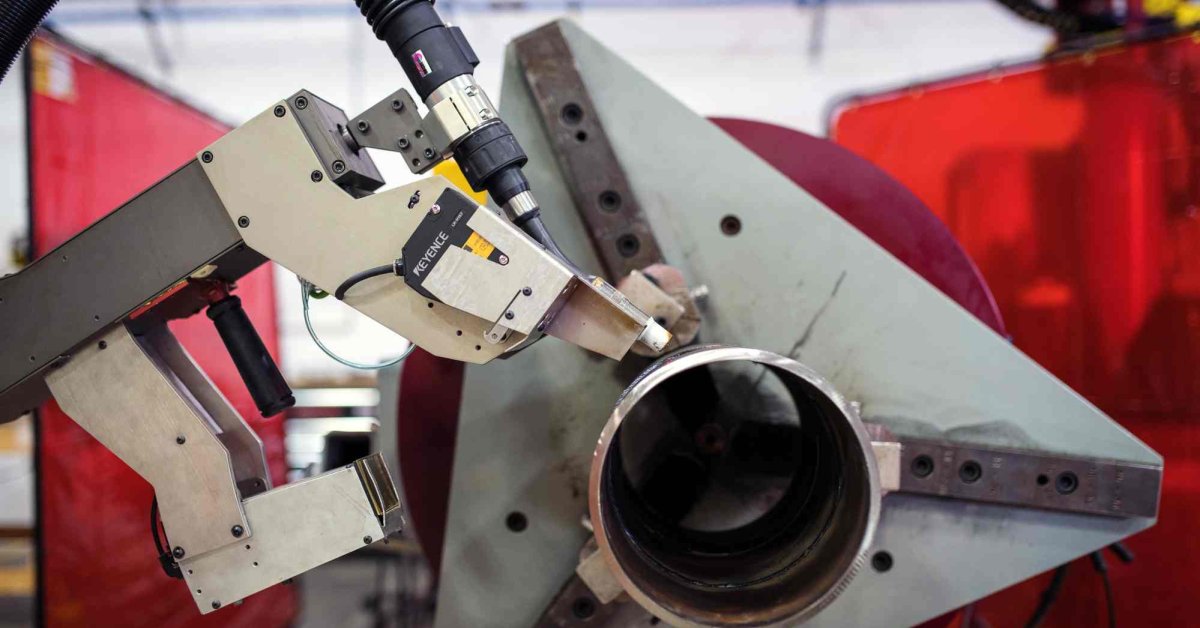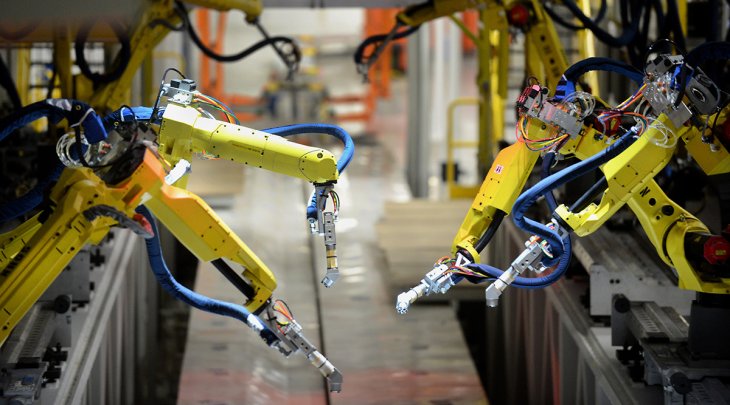By The Year 2030: 20 Million Manufacturing Jobs Displaced By Robots
Har Devarukhkar - Jul 03, 2019

By 2030, 20 million manufacturing jobs could be displaced, which makes the sector become 8.5 percent smaller than “if robots were not remaking the market”.
- Cafe In Tokyo With Robot Waiters Controlled By Disabled Staff
- Best Robot Vacuums In India To Clean Carpets, Wood Floor And Pet Hair
- AI Is Being Trained To Identify Faces In The Dark Using Thermal Images
Automation should develop the whole economy in lieu of creating inequality and job losses concentrated in specific countries and industries. As reported by the research firm, by 2030, 20 million manufacturing jobs could be displaced, which makes the sector become 8.5 percent smaller than “if robots were not remaking the market”.

Employment Losses Per Robot
According to Oxford Economics, in rural areas where the labor-intensive and traditional industry bases, the workers’ pockets are most prone to automation. In America, Oregon is the place with the highest possibility of being affected; whereas, in Britain, Cumbria is the region that suffers most severely.
Oxford Economics says in:

According to the report, new challenges are being made after the structural change in the labor market because more and more tasks are turning to automation. Over half of factory workers in the US, who have been replaced by robots for recent 20 years, moved to 3 following job categories: office and administration work, construction and maintenance as well as transport. However, those mentioned categories are most likely to be automated in the next 10 years.
The consequences of growing inequality have also been noticed by the IMF. Besides, as mentioned by the OECD last year, geography played a vital role due to the fact that some specific industries were clustering. For instance, the proportion of dangerous jobs which is likely to be conducted by robots in western Slovakia was much higher compared to the figure in the regions around Oslo.

Robots taking 20 million jobs and worsening inequality
According to Oxford Economics, although a few traditional manufacturing centers would fare well, Seoul, Paris, Tokyo, London and other metropolises seem to receive fewer influences. It added:

Featured Stories

Features - Jan 29, 2026
Permanently Deleting Your Instagram Account: A Complete Step-by-Step Tutorial

Features - Jul 01, 2025
What Are The Fastest Passenger Vehicles Ever Created?

Features - Jun 25, 2025
Japan Hydrogen Breakthrough: Scientists Crack the Clean Energy Code with...

ICT News - Jun 25, 2025
AI Intimidation Tactics: CEOs Turn Flawed Technology Into Employee Fear Machine

Review - Jun 25, 2025
Windows 11 Problems: Is Microsoft's "Best" OS Actually Getting Worse?

Features - Jun 22, 2025
Telegram Founder Pavel Durov Plans to Split $14 Billion Fortune Among 106 Children

ICT News - Jun 22, 2025
Neuralink Telepathy Chip Enables Quadriplegic Rob Greiner to Control Games with...

Features - Jun 21, 2025
This Over $100 Bottle Has Nothing But Fresh Air Inside

Features - Jun 18, 2025
Best Mobile VPN Apps for Gaming 2025: Complete Guide

Features - Jun 18, 2025
A Math Formula Tells Us How Long Everything Will Live
Read more

ICT News- Feb 19, 2026
Escalating Costs for NVIDIA RTX 50 Series GPUs: RTX 5090 Tops $5,000, RTX 5060 Ti Closes in on RTX 5070 Pricing
As the RTX 50 series continues to push boundaries in gaming and AI, these price trends raise questions about accessibility for average gamers.

ICT News- Feb 18, 2026
Google's Project Toscana: Elevating Pixel Face Unlock to Rival Apple's Face ID
As the smartphone landscape evolves, Google's push toward superior face unlock technology underscores its ambition to close the gap with Apple in user security and convenience.

Mobile- Feb 17, 2026
Anticipating the Samsung Galaxy S26 and S26+: Key Rumors and Specs
The Samsung Galaxy S26 series is on the horizon, sparking excitement among tech enthusiasts.
Comments
Sort by Newest | Popular